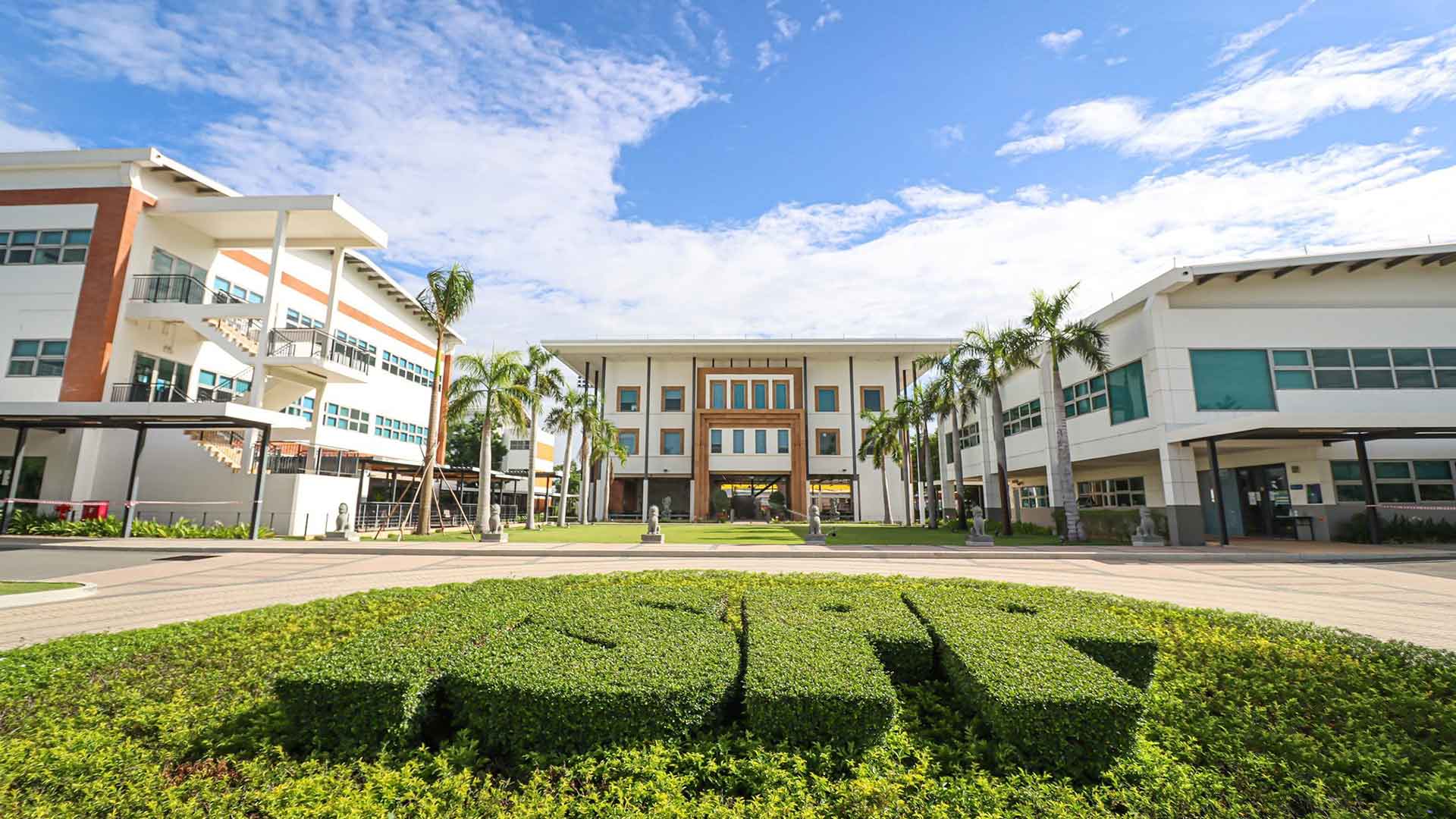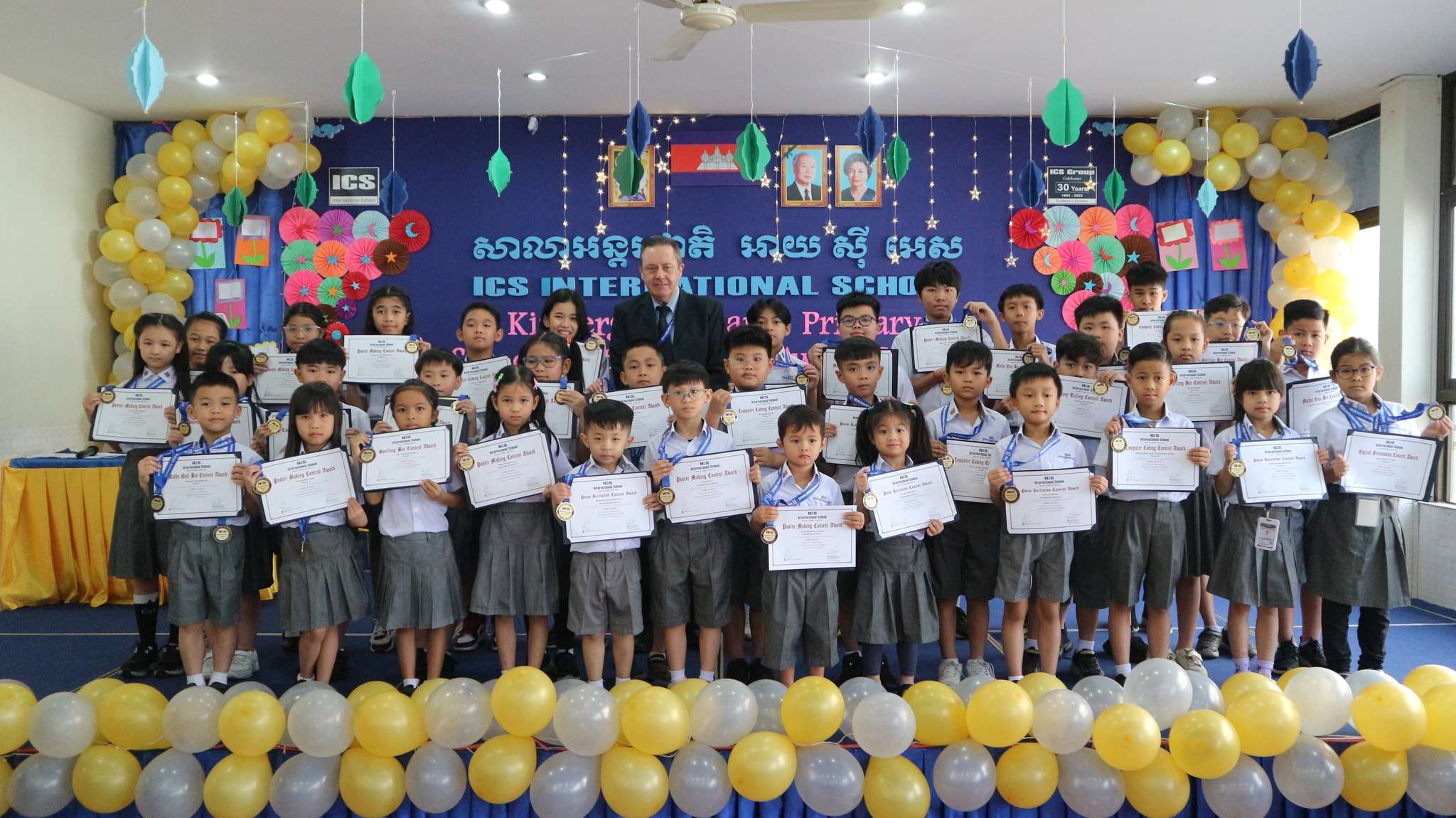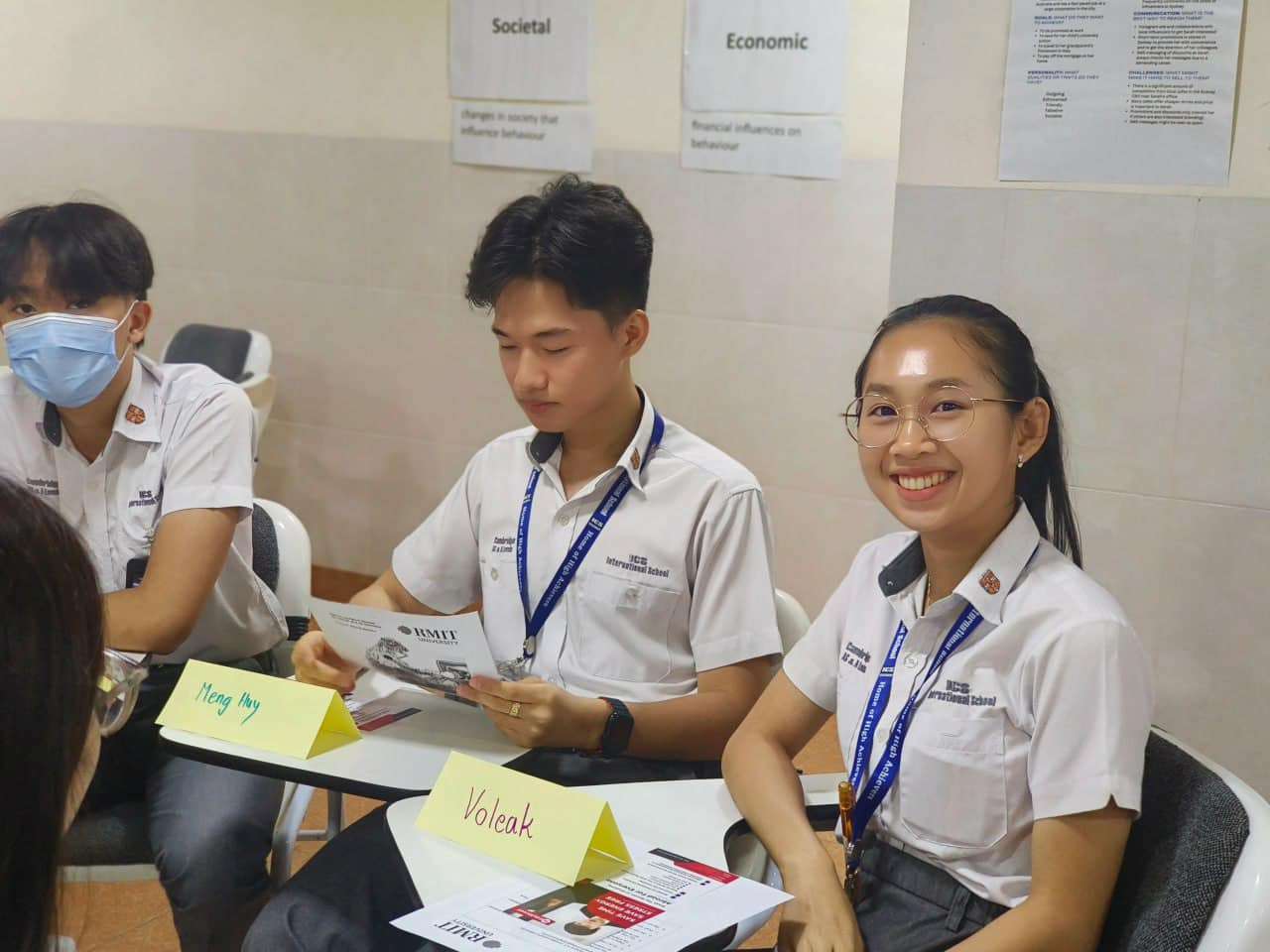Phnom Penh, Cambodia’s vibrant capital, offers a growing selection of international schools catering to a diverse student body. These institutions provide a globalized curriculum and a multicultural environment, making them ideal for expatriate families, diplomats, and Cambodians seeking an international education.
This blog delves into the key considerations when navigating the Phnom Penh international school scene.
Curriculum:
International schools in Phnom Penh offer a variety of curricula, with the most prevalent being:
International Baccalaureate (IB): A rigorous, globally recognized program fostering critical thinking and well-rounded development.
British Curriculum: Emphasizes core subjects like English, mathematics, and science, preparing students for qualifications like IGCSEs and A-Levels.
American Curriculum: Provides a well-balanced approach, integrating core subjects with electives and fostering creativity.
Canadian Curriculum: Combines strong academic foundations with a focus on social responsibility and global citizenship.
The choice of curriculum hinges on your child’s academic background, future aspirations, and your desired level of continuity in their education.
School Size and Facilities:
Phnom Penh’s international schools range from intimate settings with personalized attention to larger institutions boasting extensive facilities. Consider factors like class sizes, teacher-to-student ratios, and the availability of extracurricular activities like sports, arts, and clubs.
Modern facilities enhance the learning experience. Look for schools with well-equipped libraries, science labs, technology labs, and dedicated spaces for sports and creative pursuits.
Location and Admissions:
Accessibility is a key factor, especially if you have young children. Choosing a school close to your residence minimizes commute times.
Admissions processes vary, with most schools requiring entrance exams and interviews. Investigate deadlines, age requirements, and any necessary documentation to ensure a smooth application process.
Language of Instruction:
While English is the primary language of instruction in most international schools, some offer additional language programs in French, Mandarin, or Khmer. Consider your child’s existing language skills and your long-term language goals when making a decision.
Cost and Scholarships:
International schools typically have higher tuition fees compared to local schools. Carefully research fee structures, including additional costs for uniforms, transportation, and lunches. Several schools offer scholarship programs based on academic merit or financial need.
Finding the Perfect Fit:
Ultimately, the ideal international school depends on your child’s individual needs and your family’s priorities. Consider scheduling school tours to gain firsthand experience with the learning environment, faculty, and student body.
Embrace the International School Experience:
Phnom Penh’s international schools provide a valuable educational opportunity, nurturing intellectual curiosity and fostering global citizens. By carefully evaluating your needs and exploring the available options, you can find the perfect school that empowers your child to thrive in an international setting.








Leave A Comment